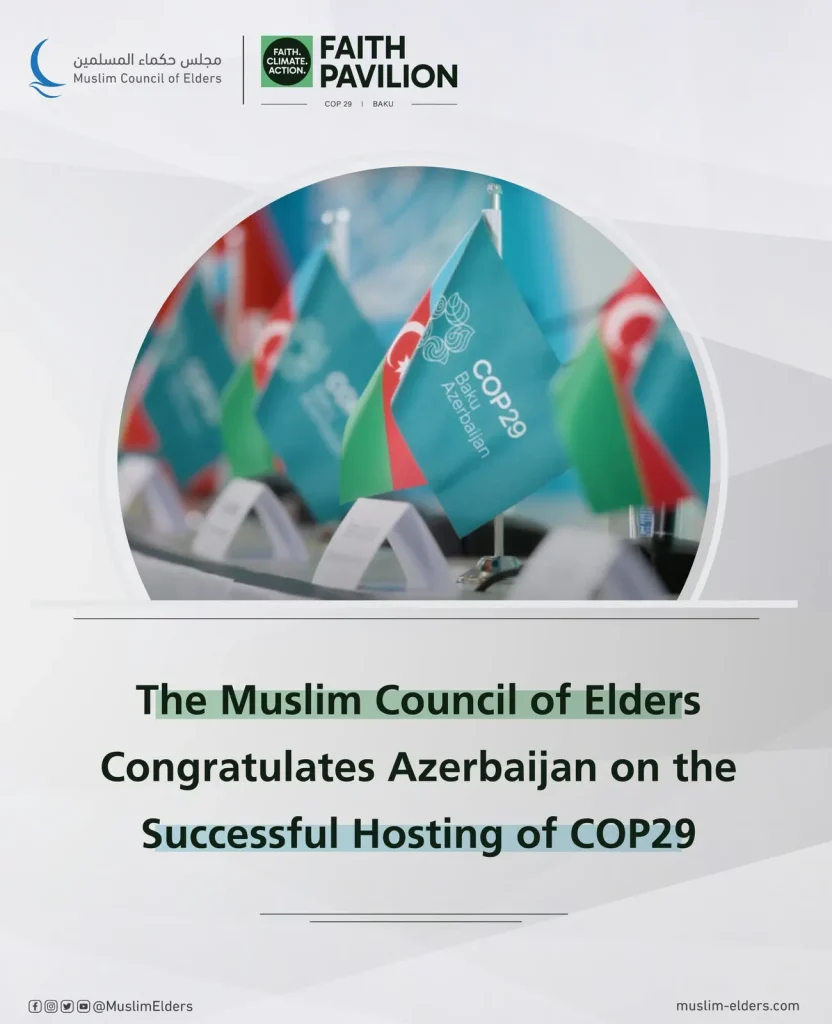Grand Imam of Al-Azhar Meets the President of Indonesia and Emphasizes the Need for Arab and Islamic Unity to Address Ongoing Crises Facing the Nations
President of Indonesia Expresses His Country’s Readiness to Host the First Edition of the Muslim Council of Elders’ Conference “Religions for Development and Peace”
His Eminence Prof. Dr. Ahmed Al-Tayeb, Grand Imam of Al-Azhar and Chairman of the Muslim Council of Elders, received His Excellency Prabowo Subianto, President of the Republic of Indonesia, on Wednesday to discuss ways to enhance mutual cooperation.
The Grand Imam warmly welcomed the President of the Republic of Indonesia and his accompanying delegation, emphasizing the strong ties between Al-Azhar, the Muslim Council of Elders, and Indonesia. He highlighted the significant impact of these relations in advancing joint efforts to clarify the true teachings of Islam, promote its moderate and enlightened approach, correct misconceptions, and foster values of dialogue, tolerance, and peaceful coexistence.
His Eminence underscored the critical importance of unity among Arab and Islamic nations, stating that such solidarity is the only way to address the ongoing crises facing the Islamic world. He noted that Islamic nations possess all the resources necessary for progress and prosperity and expressed his hope that these challenges would serve as opportunities for greater unity, cooperation, and prioritization of Islamic interests and fraternity.
The Grand Imam also conveyed his appreciation for Indonesia’s hosting of the regional office of the Muslim Council of Elders and its readiness to play a pivotal role in the global alliance of religious leaders, organized by the Council under the theme: Religions for Development and Peace.
The President of the Republic of Indonesia expressed his pleasure at meeting the Grand Imam of Al-Azhar and Chairman of the Muslim Council of Elders for the second time, following their initial meeting in Jakarta. He expressed profound respect for the Grand Imam’s efforts in fostering values of human fraternity, mutual coexistence, and strengthening Islamic unity. The President also affirmed his confidence in the ability of Islamic nations to regain their distinguished position within the global system, given their abundant human and natural resources that guarantee growth and progress. He further reiterated Indonesia’s commitment to Islamic unity and its significant efforts to contain internal conflicts, resolve tensions, and promote dialogue and rapprochement.
The President of the Republic of Indonesia also expressed his country’s readiness to host the first edition of the Muslim Council of Elders’ conference Religions for Development and Peace, pledging full support to ensure its success and excellence.










